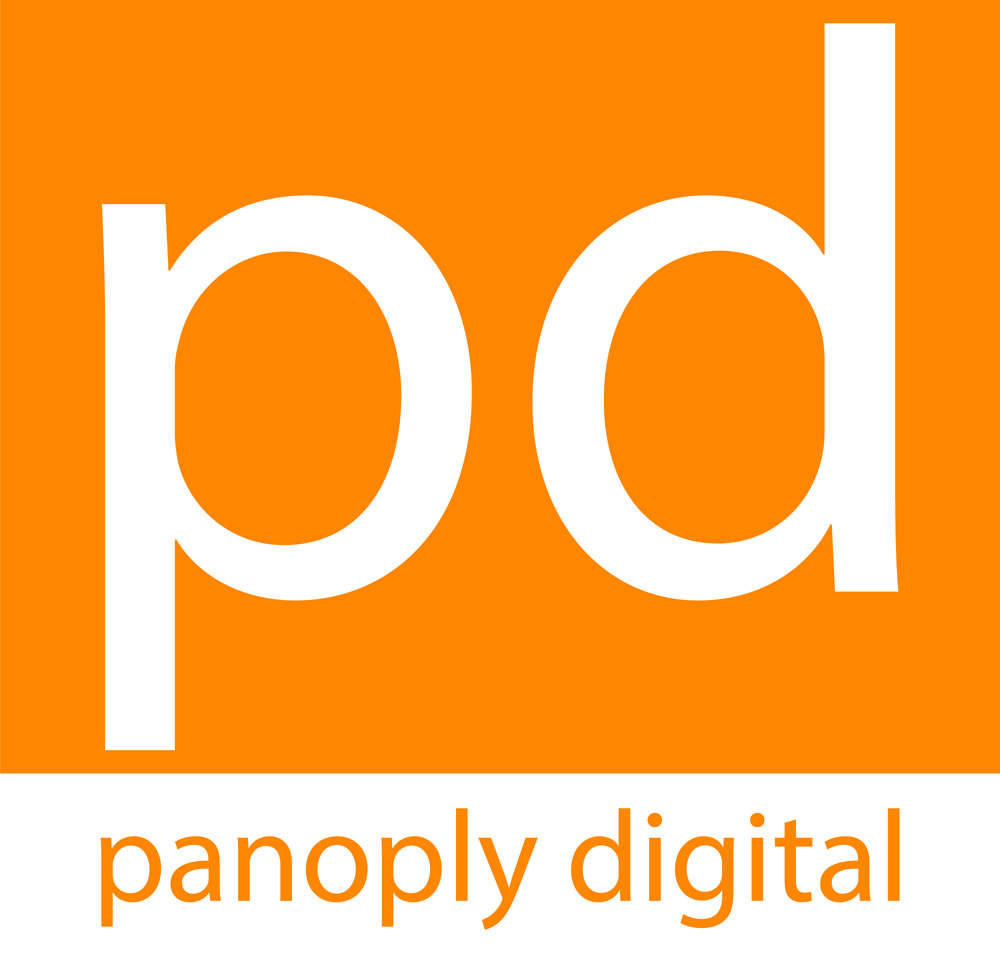By the time you are reading this blog post, you most probably have already gone to the movies to watch Black Panther. If not, do yourself a favour: stop reading and go watch it NOW.
Yet, regardless of whether you watched it or not, I hope you have come across the bountiful articles, tweets and social media posts that describe what makes it so revolutionary: it is the first Hollywood blockbuster movie to have an African-American director, starring a predominantly black cast, with the first black super hero. Above all, it is a celebration of blackness and a movie that finally offers black people the representation they deserve: that of powerful, smart, creative and beautiful people.
In the movie, Wakanda is the futurist African nation home to the superhero that, thanks to its resources of vibranium, had become the most technologically advanced nation in the world. But are we so sure that Wakanda is such a faraway utopia? When it comes to financial inclusion, Africa has long been re-imagining and re-defining financial services as we know them. It altogether surpassed the traditional retail banking model, by building ex-novo a new infrastructure, through innovation and creativity. In today’s blog post I want to pay tribute to some fintech innovators serving a cause close to my heart, some of which are partnering with CGAP to test their digital financial services. And no, I am not talking about businesses started by penitent westerners affected by the white saviour syndrome, but of businesses born and bred in Wakanda by Wakandas Africa by Africans.
1- Farmerline is a Ghanian social enterprise who envisions young Africans taking charge of agriculture, producing more food to feed the future, while generating income. Farmerline comes into play by providing a holistic solution to small holder farmers: by simply dialling a code on their phone, farmers get subscribed and start receiving information via voice technology in their local languages on climate, pest and disease forecasting, and best practices as well as the ability to participate in mobile savings and credits service to save money and directly purchase high-quality fertilizer. Farmers who joined their services have reportedly increased their revenue by over 50% as well as their harvest yield.
Farmerline partnered with Kiva to invest $50,000 in providing input loans to 100 farmers. 68% of whom were first-time borrowers and 35% of them were women. Reasons why I like it and consider it innovative: it offers a holistic set of services necessary to make an agri Business succeed.
2- MaTontine is a FinTech company in Senegal that digitizes the traditional, centuries-old, peer-to-peer savings circles (Tontines), in order to unlock access to financial services like small loans and micro-insurance to the financially excluded. But MaTontine is much more than pure digitization of tontines: it incorporates a credit scoring system and it makes group purchases possible, by leveraging on the purchasing power of thousands of its members to offer discounts on goods purchased. Reasons why I like it and consider it innovative: it leverages existing traditional models and social capital, overcoming the need of an intermediary. Oh, and also because of their CEO’s, Bernie Akporiaye, strong stand: “The major problems in Africa like poverty, will only be resolved when Africans come together to develop solutions that are uniquely African.“ Say it loud, Bernie!
3- Patesente is a Ugandan online supply chain financing platform, combining a diverse set of solutions into one product: it enables businesses to undertake electronic procurement, settle payments and receive financing against purchase orders and invoices, empowering businesses to grow and serve their customers more efficiently while at the same time facilitating financial intermediaries’ investments. It currently has 517 users on the platform, for a total of UGX 5,441,786,925 in contracts value funded. Reasons why I like it and consider it innovative: it controls for the risk of funds diversion, lowering the risk for financial providers who are investing in these businesses.
A separate mention goes to Cellulant, Africa’s number one payment infrastructure and ecosystem, connecting 28 mobile operators, among which Safaricom, over 31 banks and more than 200 blue chip companies to their increasingly mobile consumers across 12 African countries. In a nutshell, an extraordinary GIANT, pioneering mobile banking as early as 2005. I am finding it hard to convey their grandness, so I’d rather have their journey speak for itself. I will just mention Agrikore, Cellulant Nigeria Limited platform powering agriculture transformation across Africa and beyond: from payment facilitation within the ecosystem through account creation and verification to end to end management of agriculture programs by IFAD and national governments.
Finally, I would like to conclude with a provocative thought: I bet that, if asked to name the game changer in financial services in Africa, 99% of the people, who have a grasp of fintech, would unsurprisingly answer M-Pesa, whose “invention” is ascribed to Michael Joseph and Nick Hughes, two white men. Are you surprised? I am not. My intention is not to debate on intellectual property rights (and outcry never ending colonialism), but rather to emphasize what is commonly reported as the inspiring findings that triggered the launch of M-Pesa: researchers funded by the UK Department for International Development (DFID) found that people in Uganda, Botswana, and Ghana were transferring mobile airtime minutes as a proxy form of currency. I consider that as a further proof of African’s creativity and resiliency, that makes them overcome legacy of exploitation and constraints. If only colonialism had never happened…
Wakanda forever!

